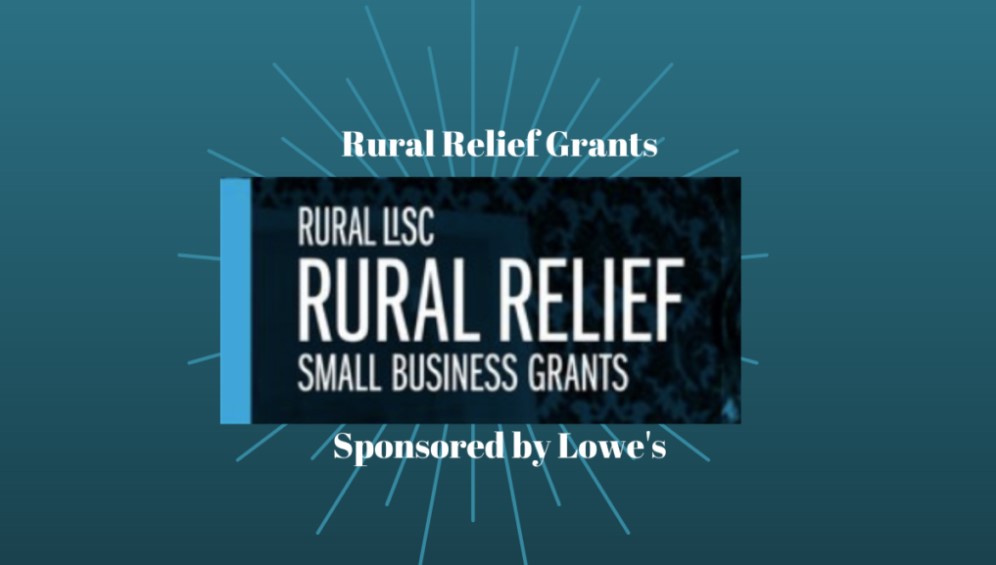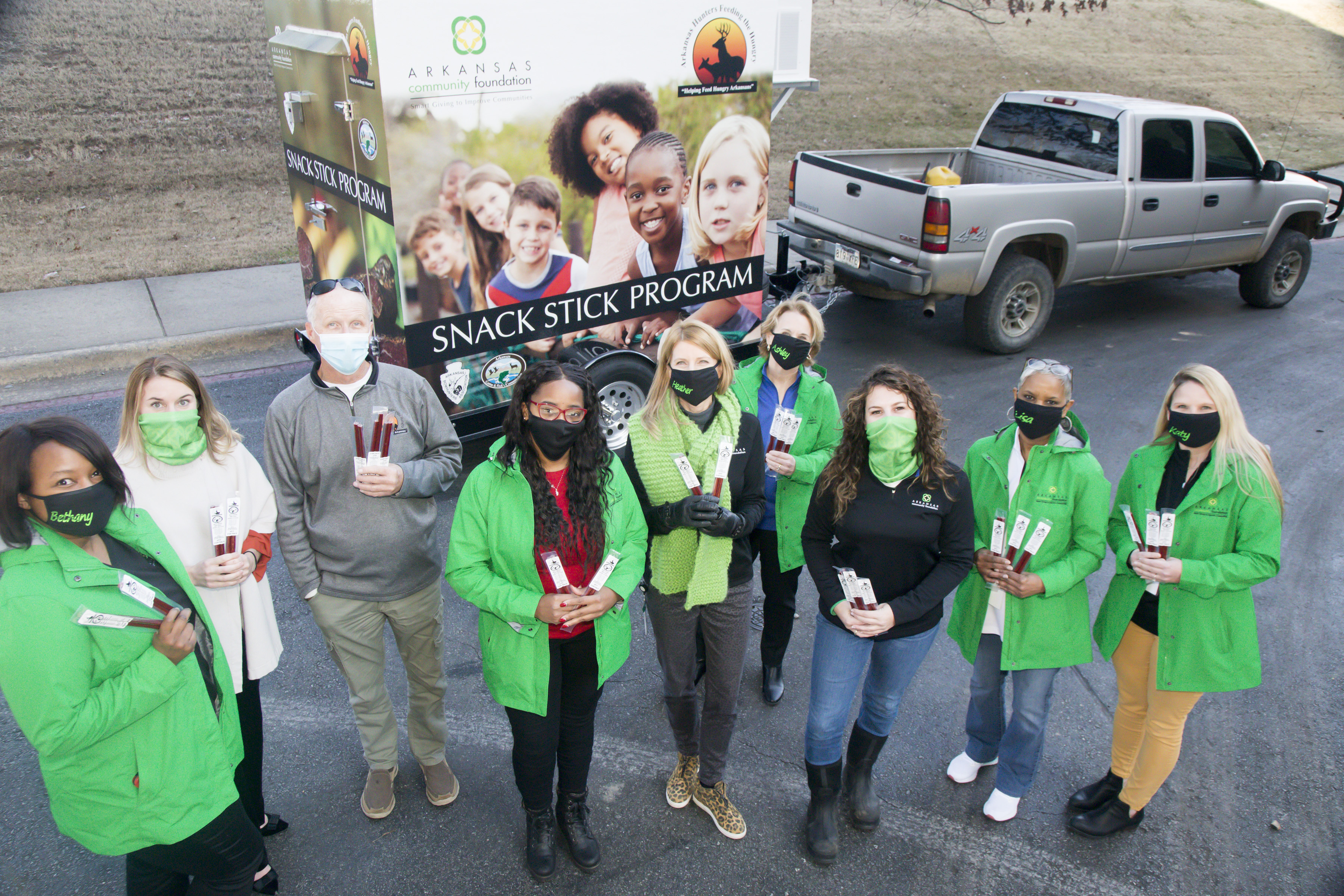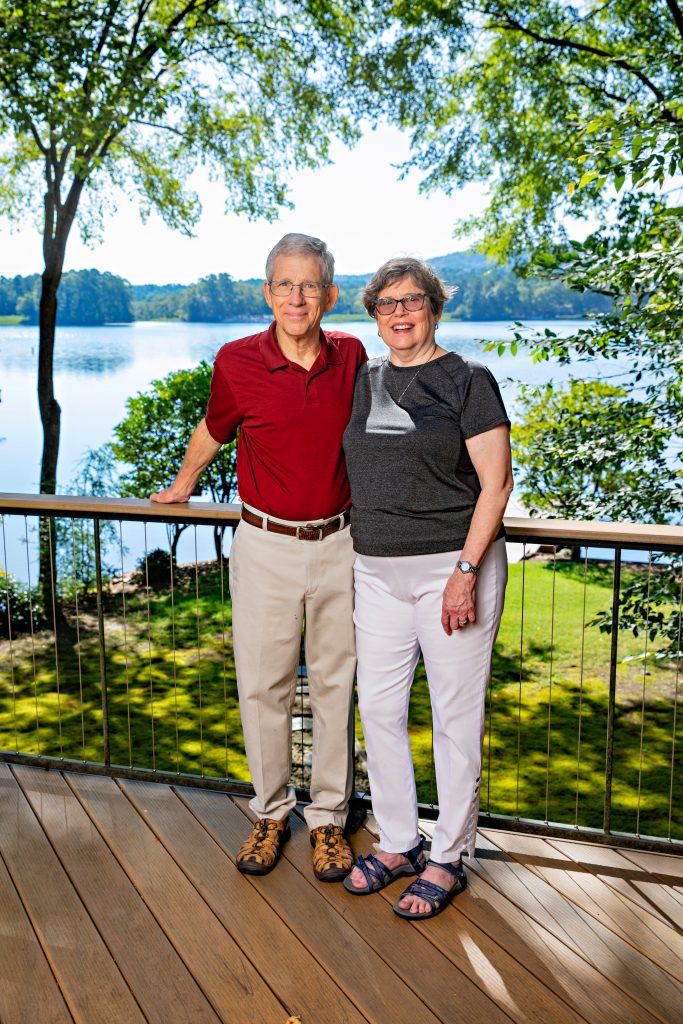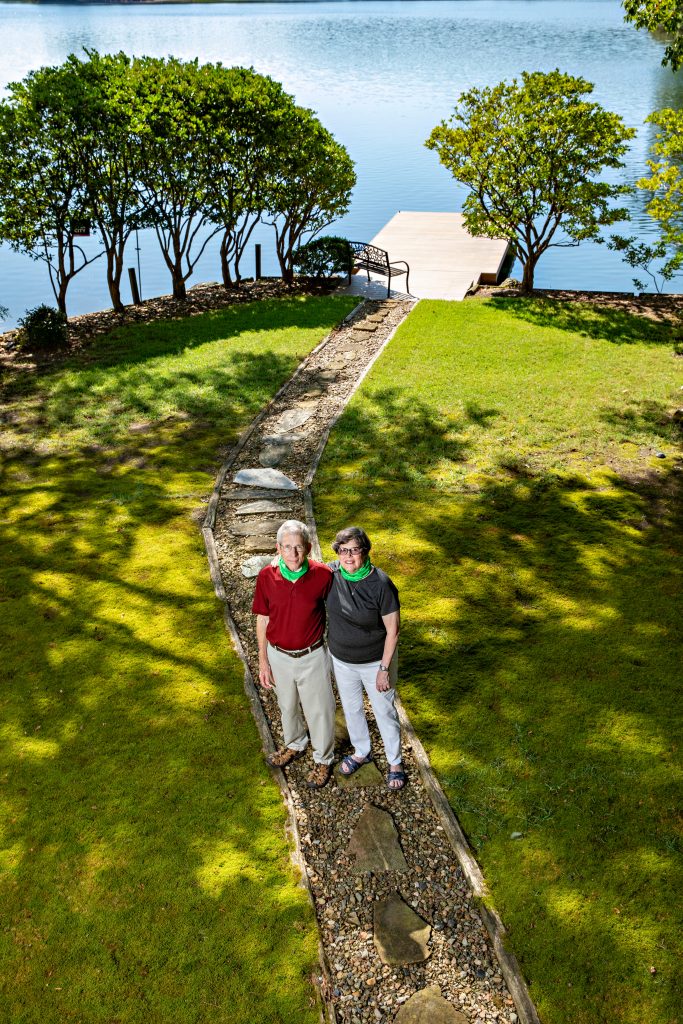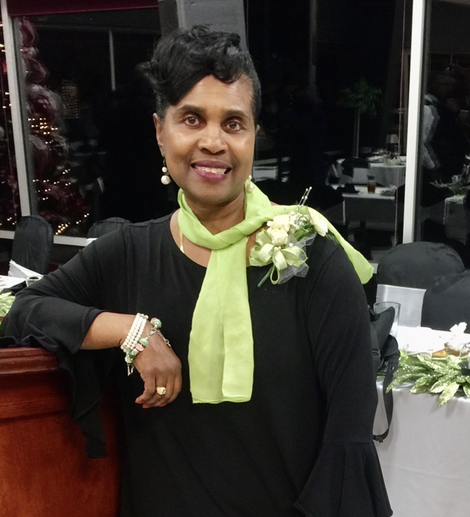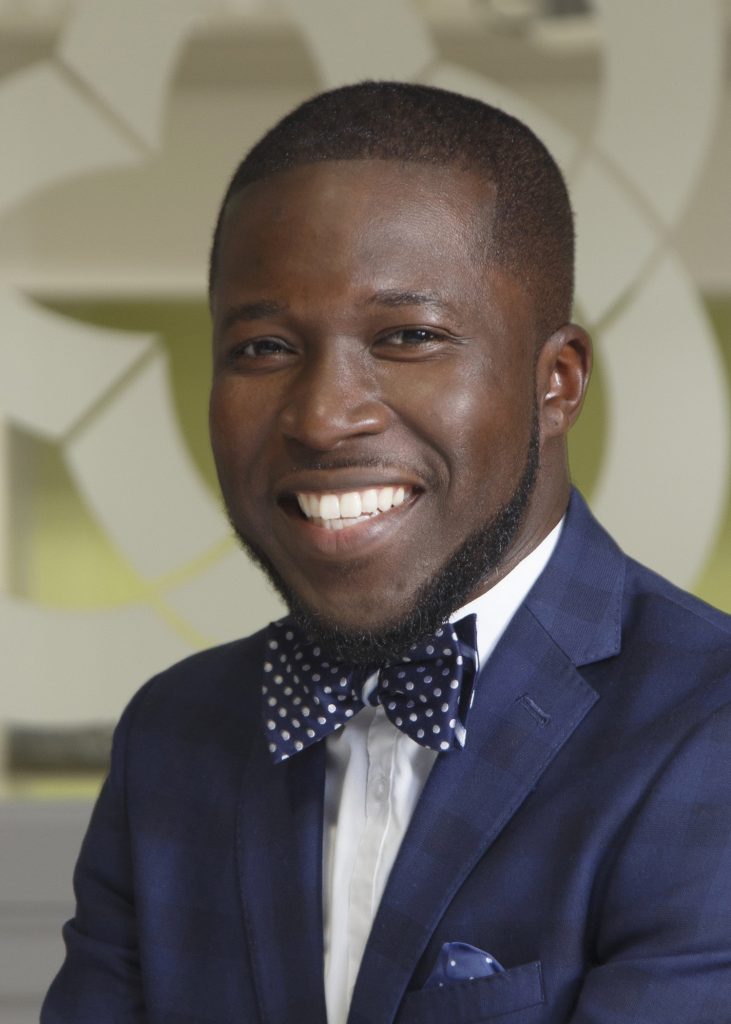Little Rock, Ark. (Feb. 1, 2021) – Arkansas Black Hall of Fame Foundation, in partnership with Arkansas Community Foundation, is awarding grants to programs that benefit African American or other underserved populations in Arkansas. Nonprofits with programs focusing on education, health and wellness, youth development, strengthening families and small business development are eligible to apply. Grants that mitigate the impact of COVID-19 on these areas will also be considered.
“This year, we are especially grateful to our donors whose consistent support allows us to fund our grant program each year. We are excited to support organizations facing new challenges created by the pandemic. There are many nonprofits working tirelessly in communities throughout Arkansas to improve the quality of life for its citizens,” said Charles Stewart, ABHOF Chair. “This grant program allows us to make our state a better place to live for these communities.”
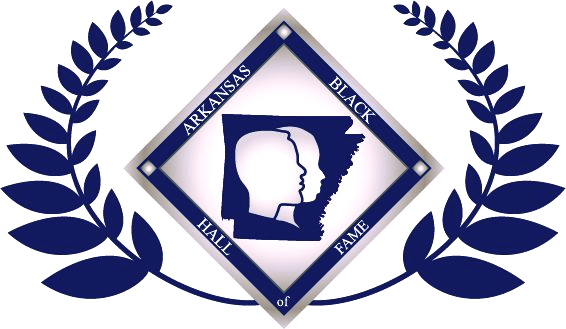
Since 2004, ABHOF has granted more than $624,000 to nonprofits across the state, with total community investment exceeding one million dollars. Projects supported through this grant program range from mentoring efforts for promising young math and science students to exercise classes for low-income families in rural areas.
“Our long-standing partnership with Arkansas Black Hall of Fame Foundation helps provide a support system for Arkansas nonprofits working to create positive change for underserved populations,” said Heather Larkin, president and CEO of the Community Foundation. “We’re proud of this investment and the programs that continue to support local people working to improve their communities.”
Grants will typically range from $1,000 to $2,500 but may approach $5,000 in special circumstances. Funds from Arkansas Black Hall of Fame Foundation cannot be allocated for salary support or to support general operating budgets outside the specific proposal or project.
Priority consideration will be given to:
- Requests that show multiple sponsoring agencies/organizations.
- Requests that include evidence of local financial support (including, but not limited to, in-kind support.)
- Requests that demonstrate collaborative ventures among organizations within the community.
- Requests that have promise for sustainability beyond the period of the grant.
- Requests that show an innovative approach to community challenges.
All geographic sections of the state are eligible. Scholarship requests will
not be considered. Only 501(c)(3) nonprofit organizations, hospitals, public
schools and government agencies are eligible to apply now through April 1 atwww.arcf.org/ABHOF. Organizations that do not qualify for tax-exempt status are not
eligible.
Arkansas Black Hall of Fame Foundation aims to provide an environment in which a future generation of African American achievers with Arkansas roots will thrive and succeed. The Foundation honors the contributions of African Americans through its annual Black Hall of Fame induction ceremony and awards grants to support charitable endeavors in Black and other under-served communities throughout Arkansas. Learn more at www.arblackhalloffame.org.
Arkansas Community Foundation is a nonprofit organization that fosters smart giving to improve communities. The Community Foundation offers tools to help Arkansans protect, grow and direct their charitable dollars as they learn more about community needs. By making grants and sharing knowledge, the Community Foundation support charitable programs that work for Arkansas and partners to create new initiatives that address the gaps. Since 1976, the Community Foundation has provided more than $314 million in grants and partnered with thousands of Arkansans to help them improve our neighborhoods, our towns and our entire state. Contributions to the Community Foundation, its funds and any of its 29 affiliates are fully tax deductible.
###


